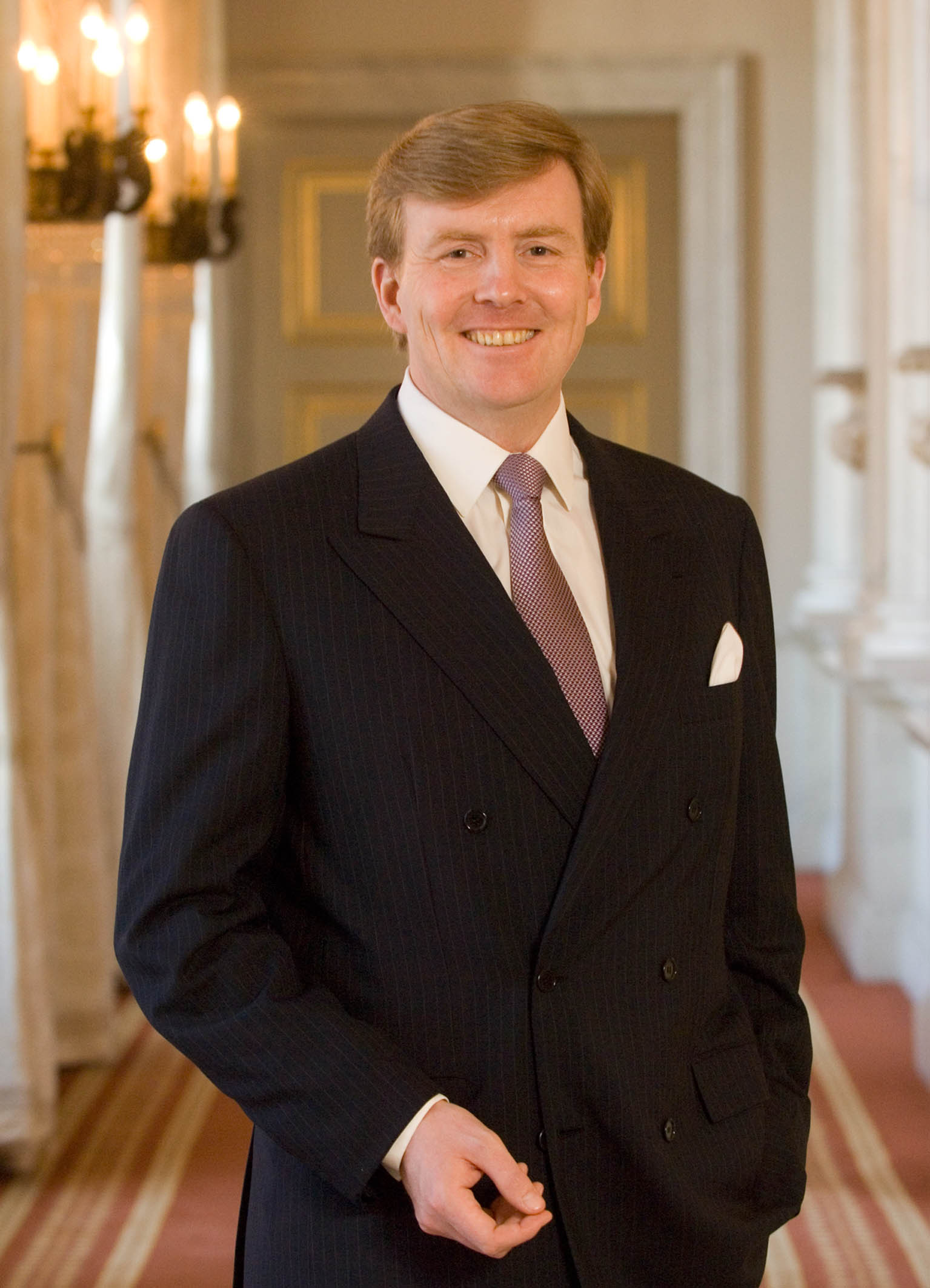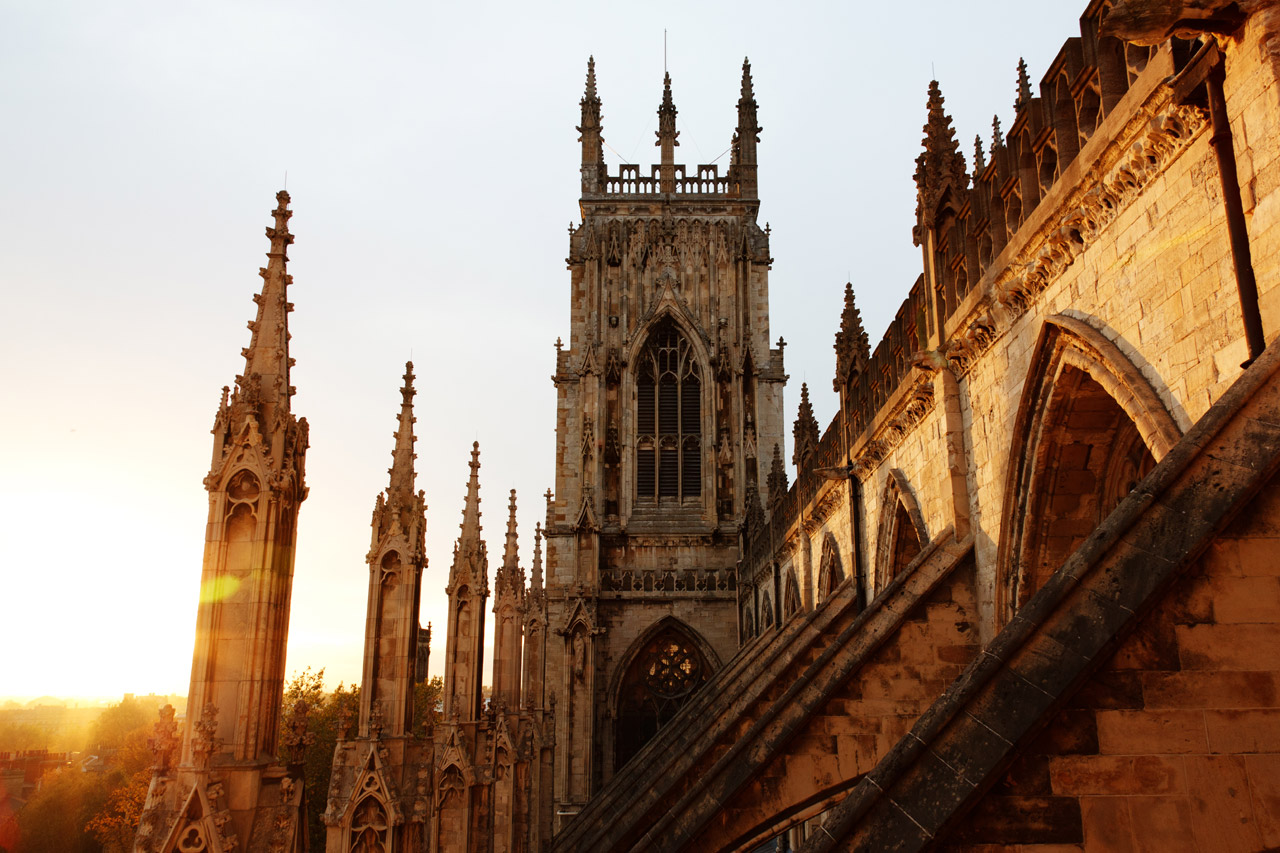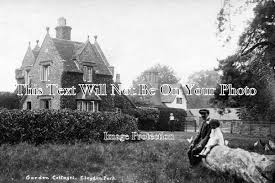
Introduction
Baku, the capital city of Azerbaijan, is a remarkable blend of rich history and modern architecture. Situated on the western coast of the Caspian Sea, it has become a significant cultural, political, and economic hub in the region. With its strategic location, vibrant culture, and rapid development, Baku is increasingly attracting attention from tourists and investors alike.
The Historical Significance of Baku
Baku has a deep-rooted history, with settlements dating back to the Stone Age. The city is known for its UNESCO World Heritage Sites, including the Old City (Icherisheher), which features historical landmarks such as the Maiden Tower and the Palace of the Shirvanshahs. These structures reflect the diverse influences that have shaped Baku throughout the centuries, from Persian and Ottoman to Russian empires.
Modern Developments and Attractions
In recent years, Baku has undergone significant transformation, emerging as a city that fuses the old with the new. The Flame Towers, a trio of skyscrapers that illuminate the night sky, stand as symbols of modernity in the city. The Heydar Aliyev Center, designed by the renowned architect Zaha Hadid, is another striking example of contemporary design, celebrated for its fluid form and cultural significance.
The city also hosts numerous international events, including the Formula 1 Azerbaijan Grand Prix, which has helped to bolster its global profile. Baku has successfully integrated these international gatherings with its vibrant local culture, showcasing its modern identity while preserving its historical essence.
Challenges and Opportunities Ahead
Despite its rapid growth, Baku faces challenges typical of urbanisation, including infrastructure demands and environmental concerns. The city has initiated various projects to improve urban sustainability and public transport. As Baku continues to expand, its potential for growth remains immense, particularly in the fields of technology, tourism, and renewable energy.
Conclusion
As it navigates the challenges of modern urban life, Baku represents a microcosm of the broader developments occurring in the South Caucasus region. The city’s ability to mix tradition with innovation is not only essential for its local identity but also positions it as a key player on the global stage. For readers and potential visitors, Baku offers a destination filled with history, culture, and forward-looking prospects, making it a worthy place to explore and experience.
You may also like

The Royal Opera House: A Jewel in London’s Cultural Landscape

Exploring the Historic City of York: A Cultural Gem

Exploring the Wonders of Buckinghamshire
SEARCH
LAST NEWS
- Remembering Wendy Richard: The Promise to Co-Star Natalie Cassidy
- How Did Anglian Water Achieve an ‘Essentials’ Rating for Mental Health Accessibility?
- Shai Hope Leads West Indies in T20 World Cup Clash Against South Africa
- What We Know About Weston McKennie: Future at Juventus and Past at Leeds
- What We Know About the Upcoming Live Nation Antitrust Trial